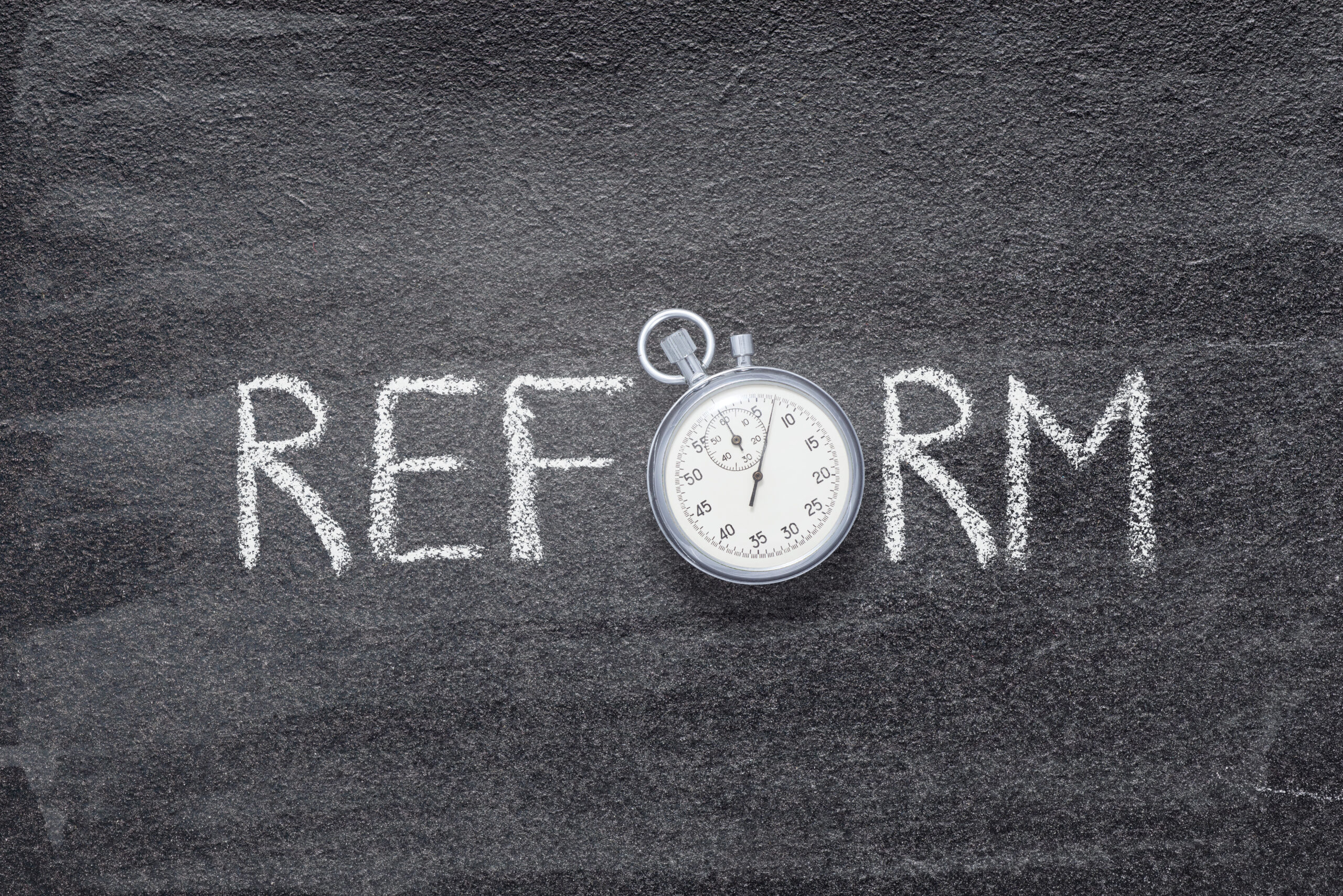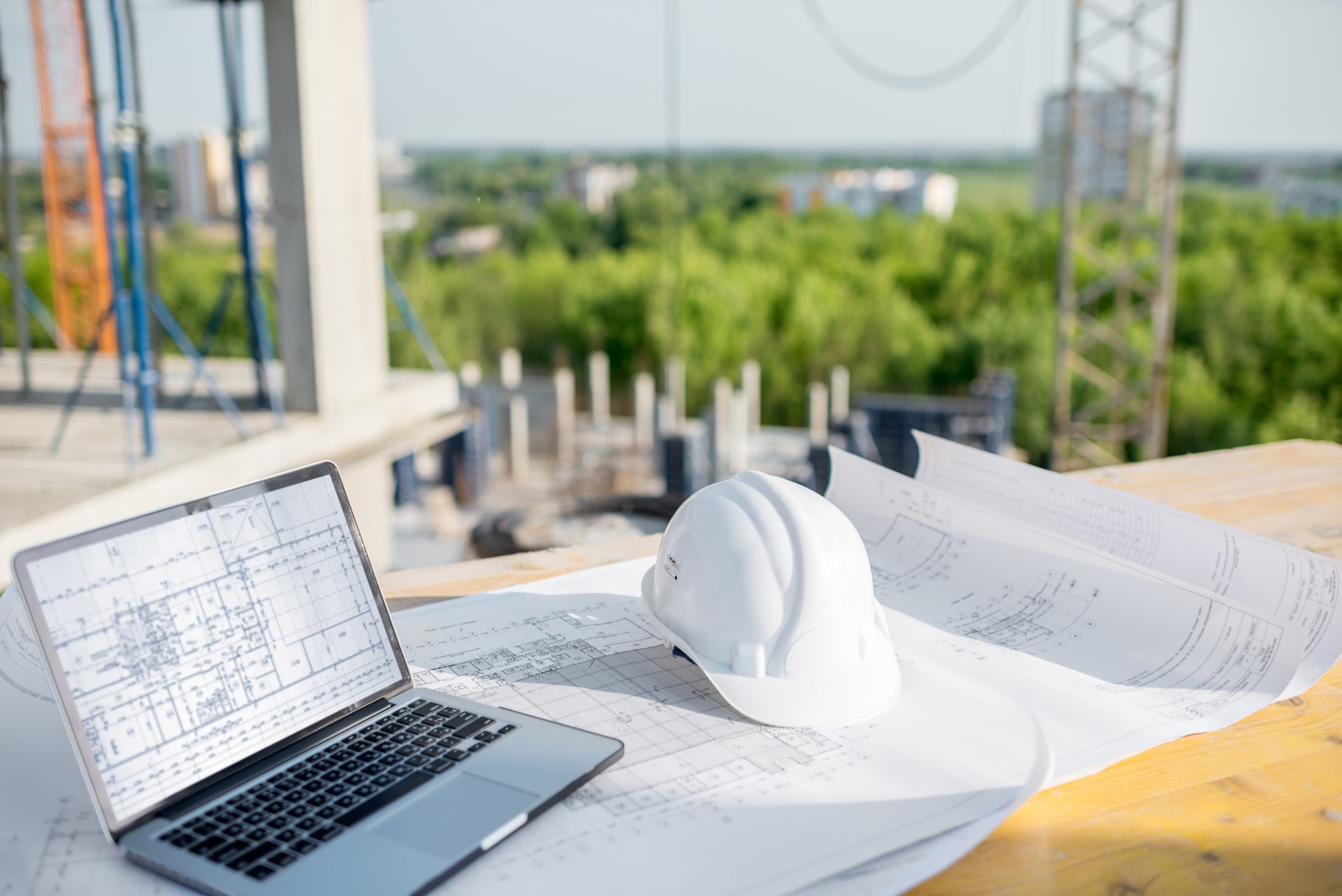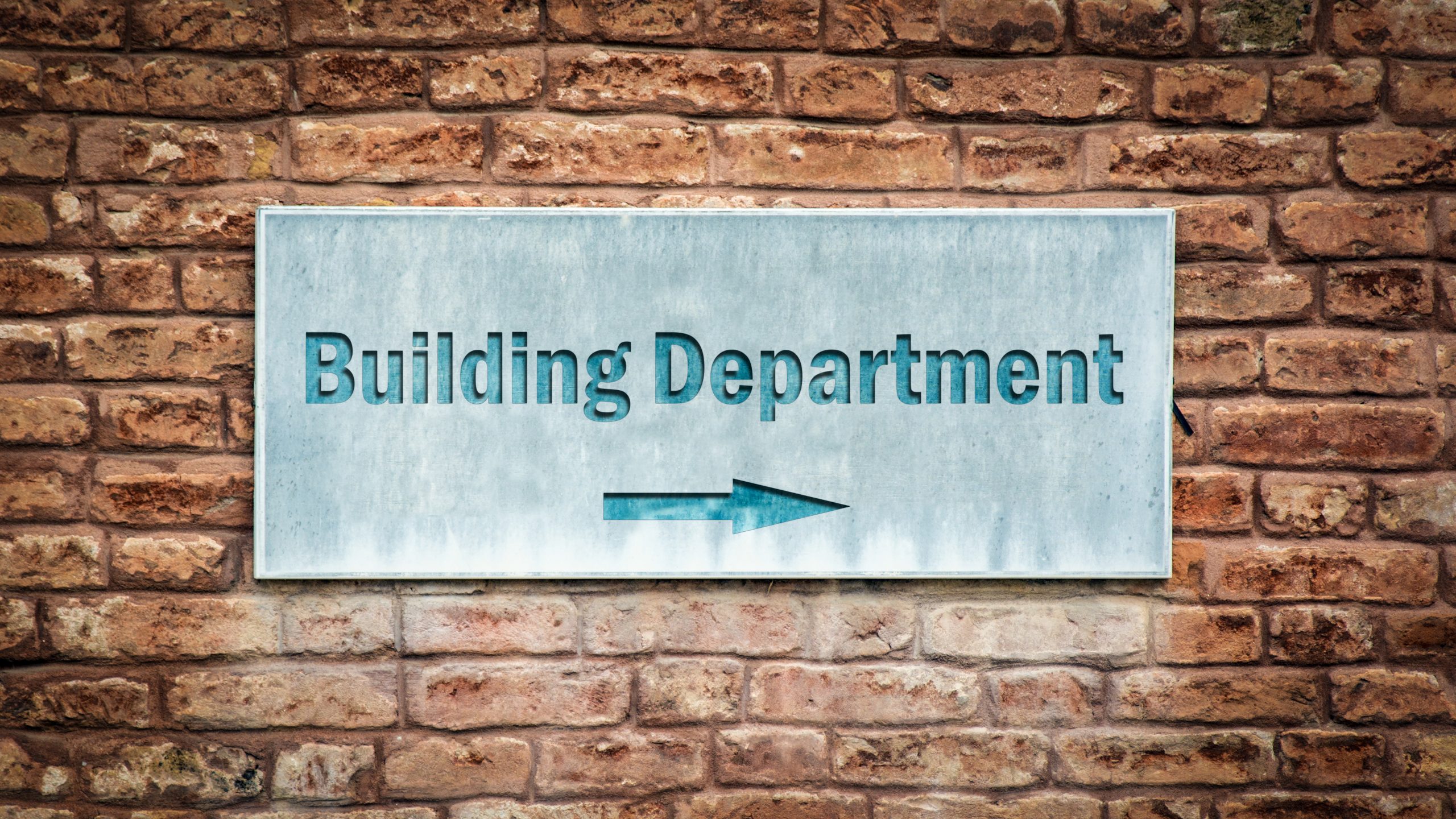On May 11, 2023, the San Francisco Planning Department gave a presentation on Permit Streamlining at a joint Building Inspection Commission and Planning Commission hearing. The focus of the presentation was on ways that San Francisco agencies can improve on the existing permitting timelines which are known to be some of the longest in the State, due to lack of coordination, unclear steps for the applicants and use of outdated tools for tracking of workflows. This is part of a key initiative to streamline and improve the project development and construction permitting process.
The Planning Department and the Department of Building Inspecation are partnering to create a process which will improve upon the current “Site Permit” process by creating a Development Review Permit. If this process is adopted, it will allow applicants to apply online with the Planning Department through the Accela portal with an early set of plans, get a plan check letter within a short amount of time that has review comments from all City agencies including Planning, Building, Fire, DPW, SFPUC and BUF, as well as one cohesive list of all agency applications needed for the process. The applicant will then be able to respond with a revised set of plans and responsive comments and, upon approval of the responses as well as filing of any additional applications identified in the plan check letter, will receive an issued Development Review Permit once entitlements are complete. This permit will be appealable to the Board of Appeals.
After the Development Review Permit has been issued, construction level plans can be submitted through the Department of Building Inspection for review and issuance of construction permits through the addenda process. Any construction documents submitted through the Addenda process will be protected from appeal as they are today.
Leading up to this presentation, both the Planning Department and Department of Building Inspection held meetings with the public to seek information and suggestions on process improvement. Several of the suggestions were echoed at the joint hearing and the agencies will continue to work together to integrate and create the best process possible. Many applicants are interested in what level of design documents will need to be submitted. The Department of Building Inspection and the Planning Department are proposing that, at minimum, plans should provide enough information for agencies to perform a preliminary review of accessibility compliance, construction type, size and height of the building, fire protection to evaluate setbacks from property line and firewall or other fire protective design needs, as well as egress. The Planning Department is also incorporating a list of review criteria proposed by the American Institute of Architects while the Department of Building Inspection is working on further defining what criteria they need for early review. Both agencies are working towards finalizing these efforts on July 20, 2023 and will be holding workshops with the public thereafter to receive further feedback. For more information and updates, please go to the information page.
Authored by Reuben, Junius & Rose, LLP Manager, Post Entitlement Division Gillian Allen.
The issues discussed in this update are not intended to be legal advice and no attorney-client relationship is established with the recipient. Readers should consult with legal counsel before relying on any of the information contained herein. Reuben, Junius & Rose, LLP is a full service real estate law firm. We specialize in land use, development and entitlement law. We also provide a wide range of transactional services, including leasing, acquisitions and sales, formation of limited liability companies and other entities, lending/workout assistance, subdivision and condominium work.








